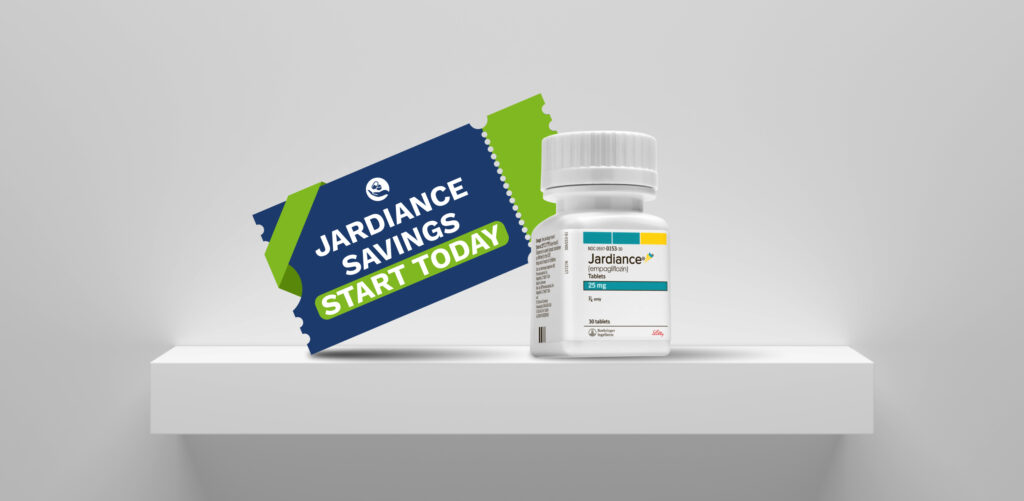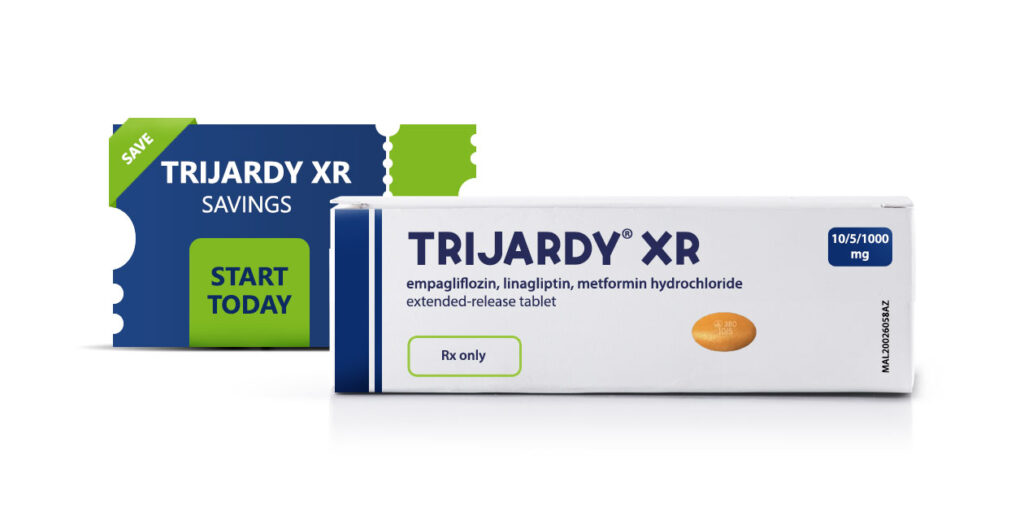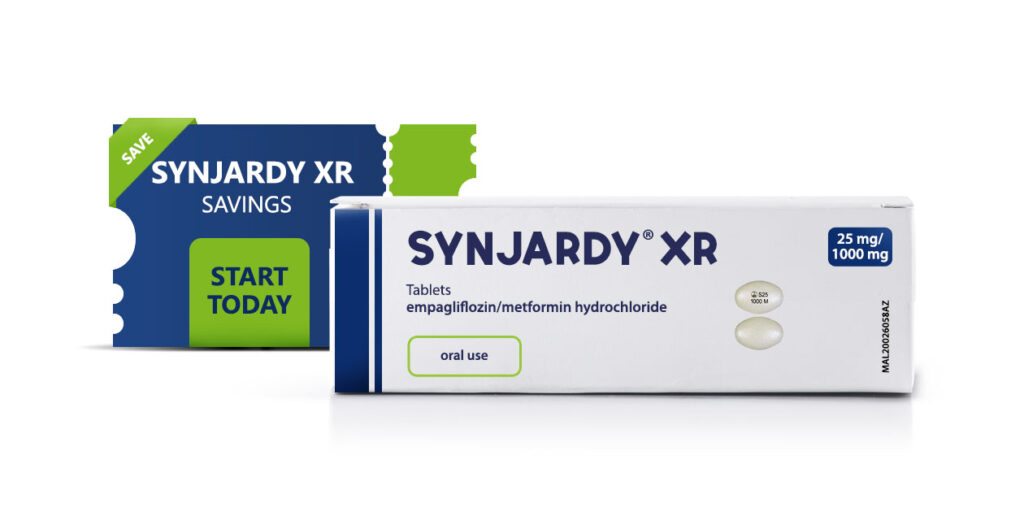Paying the full price for Synjardy or Synjardy XR each month? Without adequate insurance, this type 2 diabetes medication creates substantial financial pressure for many patients.
At The Rx Advocates, we connect patients to manufacturer patient assistance programs delivering dependable, long-term savings. Through PAPs, eligible patients pay a low, fixed monthly fee. We handle the entire process so you can stay on treatment without financial stress.
What is the Synjardy Patient Assistance Program?
Pharmaceutical manufacturers operate Patient Assistance Programs (PAPs) to help eligible patients access medications they otherwise couldn’t afford. Synjardy’s program provides medications at little or no cost, though most people remain unaware these programs exist or how to access them.
At The Rx Advocates, we handle the complex application process for you. We identify programs matching your needs, assemble required documentation, work with your healthcare provider, and submit complete applications to manufacturers. After approval, we track your enrollment and coordinate refills.
How to Qualify
There are specific income and residency standards you must meet to qualify. We help patients understand these requirements and determine if it’s right for their circumstances.
Typical requirements to qualify include:
- Individuals qualify if they earn up to $40,000 annually
- Couples qualify if they earn up to $60,000 annually
- Larger families qualify if they earn up to $100,000 annually
- U.S. residency and a valid prescription
Eligibility requirements vary between programs. Speak to one of our representatives to learn if you qualify.
Cost of Synjardy
with The Rx Advocates
The monthly service fee depends on the number of medications you take. For example:
$80 / Month
$90 / Month
$100 / Month
$110 / Month
NOTE: In addition to our monthly service fee, we charge a one-time enrollment fee of $35.
Our service is month-to-month, so if you’re not happy with it, you may cancel at any time.
The Rx Advocates Can Help Reduce Synjardy Costs
We’re a nationally recognized prescription advocacy program linking patients to pharmaceutical manufacturer assistance programs. We provide affordable medication access whether you carry insurance or not.
We’re not a coupon provider, health insurance plan, or savings card. Our service connects you to substantial savings on brand-name drugs through manufacturer programs. If you take multiple medications, we assist with applications for those programs too. People working with us confirm they never encounter hidden fees or unexpected costs.
Cost of Synjardy vs Other Options

$80.00/month
$720.1
* Source: GoodRx.com
Last Updated: September 29, 2025. Actual retail prices may vary by pharmacy and location.
Why PAPs Are Better Than Coupons
Synjardy coupons reduce costs temporarily but carry restrictions making them unreliable for ongoing diabetes management. Patient assistance programs provide sustainable medication affordability.
Disadvantages of coupons
- Restrictions: Some insurance plans prohibit coupon use entirely
- Copay Accumulators: Insurance copay accumulators may prevent coupons from counting toward your out-of-pocket maximum
- Expiration Dates: Time-limited validity means constant searching for replacement coupons
- Limited Coverage: Quantity restrictions and participating pharmacy requirements create access barriers; even substantial percentage discounts leave medications unaffordable
Advantages of PAP through The Rx Advocates
- Fixed Monthly Cost: Service fees remain consistent regardless of retail price changes
- No Expiration: Program access continues indefinitely without renewal searches
- Direct From Manufacturer: Medication arrives reliably from the pharmaceutical source
- Broad Support: Coverage extends to over 800 FDA-approved prescription medications
Frequently Asked Questions (FAQ)
Have questions? Here is some information about Synjardy costs and patient assistance programs.
With The Rx Advocates, patients pay a fixed monthly service fee, which depends on the number of medications covered.
- 1 Medication (Synjardy only) – $80 per month
- 2 Medications (Synjardy + 1 other) – $90 per month
- 3 Medications (Synjardy + 2 others) – $100 per month
- 4+ Medications – $110 per month
Importantly, there are no hidden fees, and prices remain consistent even if retail costs fluctuate.
Synjardy is expensive without assistance. The price you pay varies based on multiple factors:
- Dosage: Prescribed strength from your healthcare provider affects costs
- Location: Your geographic area impacts pricing
- Pharmacy: Pharmacy location influences final costs
- Insurance Coverage: Whether your insurance plan fully or partially covers prescription medications significantly affects out-of-pocket expenses
Eligibility depends on income: singles earning under $40,000 yearly, couples with combined income below $60,000, or families with annual income under $100,000. Contact our representatives to discuss your circumstances.
We manage everything: application completion, manufacturer submission, approval tracking, and home delivery coordination. You skip pharmacy trips and lines. We handle refills at no additional charge.
About Synjardy
Synjardy and Synjardy XR (empagliflozin/metformin) are combination diabetes medications. They are primarily prescribed for patients aged ten and older with type 2 diabetes mellitus to improve glycemic control alongside diet and exercise.
Mechanism of action: Synjardy combines two drugs working differently. Empagliflozin helps kidneys remove glucose from the bloodstream and reduces cardiovascular death risk. Metformin lowers glucose production in the liver and decreases intestinal glucose absorption.
Additional uses: Synjardy provides comprehensive blood glucose control for type 2 diabetes management. Not for patients with type 1 diabetes or those experiencing diabetic ketoacidosis.
Form & administration: Administered by the patient as oral tablets taken twice daily. Available in multiple strength combinations. Synjardy XR offers extended-release formulation.
Side effects:
- Common: urinary tract infections, upper respiratory infections, nausea, diarrhea, stomach pain.
- Serious: lactic acidosis (muscle cramps, weakness, difficulty breathing, stomach pain), diabetic ketoacidosis (extreme thirst, frequent urination, confusion), severe dehydration, serious genital infections, hypoglycemia, necrotizing fasciitis (rare), severe allergic reactions.
- Warning: requires careful monitoring, especially in patients with liver or kidney injury, hypertension, or multiple comorbidities; maintain continual healthcare provider dialogue with frequent follow-up visits to catch infection signs early.
Get Started Today
Nobody should choose between essential diabetes medications and everyday expenses. Many pharmaceutical manufacturer assistance programs exist but remain unknown. Application processes overwhelm most patients with complexity and confusion.
We simplify everything by handling applications for you. Our team arranges home delivery eliminating pharmacy trips. Ready to learn how we help you obtain monthly prescriptions affordably? Contact us today so our representatives can assess your Synjardy patient assistance eligibility!



